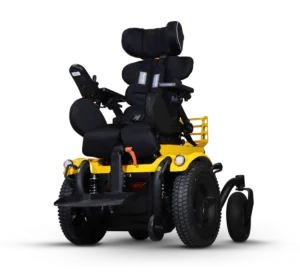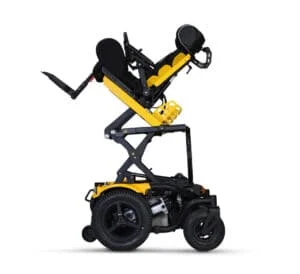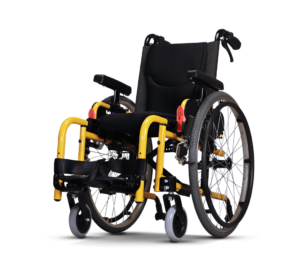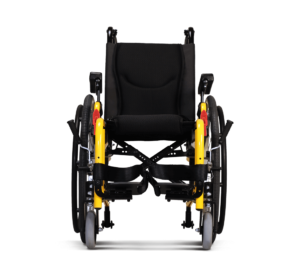It’s common to see growing children with physical disabilities have orthopedic asymmetries. It’s estimated that 20% of children with Cerebral Palsy (CP) will have scoliosis (Lubicky & Betz, 2011). It’s also reported that progressive hip subluxation occurs in up to 50% of children with spastic CP. Other common complications, such as contractures, pelvic obliquity, and windswept distortion, are also common in children with physical disabilities. If we don’t take action to prevent them from happening, these complications will result in the inability to move effectively, stabilize posture, and change position (Fulford & Brown, 1976; Pope, 2007).
So what can we do? Research has demonstrated the importance of providing early seating intervention and its positive influence on function (Harris & Roxborough, 2005; Stavness, 2006). Posture management (PM) recognizes that postural stability is essential for effective functional performance, which includes positioning using special seating, nighttime support, standing supports, individual therapy sessions, and active exercise (Seating and Wheeled Mobility, 2018).
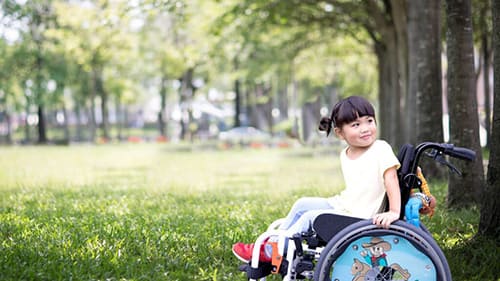
Providing early seating intervention has a positive influence on function. Source: Karma Taiwan
So when is the best time to start posture management? PM should ideally start before muscular and orthopedic changes occur. We can use the Gross Motor Function Classification System (GMFCS) to predict the needs of PM intervention. Children in GMFCS Ⅳ and Ⅴ should start 24-hour PM programs; in lying after birth, in sitting from 6 months of age, and in standing from 12 months of age (Gericke, 2006). For children with motor disorders at GMFCS level Ⅰ to Ⅲ, the goal is to prevent orthopedic complications through PM.
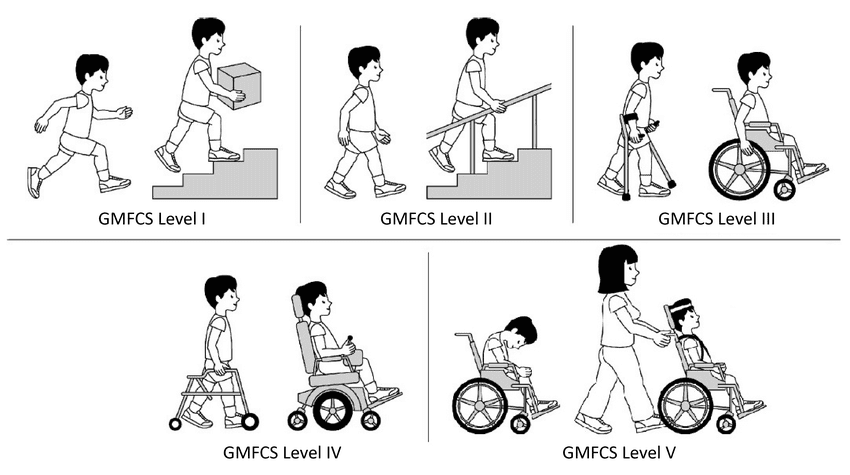
Children in GMFCS IV and V should start 24-hour Posture Management programs. Source: Cerebral Palsy Alliance
However, posture management is not a solution, sometimes children inevitably have to undergo orthopedic surgery. It is no doubt that PM is an important intervention that can improve health, functional ability, and quality of life for people with motor impairments. It can also reduce the pain associated with progressive musculoskeletal complications.
Featured Products:
Sneak peek at Kameleon before our official launch. Approx. 2021 Q4

Ken Chen, PT, MS, ATP
Global Product Training and Development Manager
Ken has 10 years of experience as a physical therapist in the area of wheelchair seating/mobility. Ken took on the role of Product Manager for Karma in 2012 and was responsible for the research on user needs and market trends for product development. In 2015, Ken got certified Assistive Technology Professional (ATP) accredited from RESNA.
In 2018, Ken was transferred to the sales department in Taiwan to provide custom products and services for disabled users. He has provided a variety of continuing education courses and lectures in the area of seating/mobility for Taiwanese therapists.
In 2020, Ken was appointed as Product Educator in Karma Group. Now he provides a variety of product training and clinical education courses to the global dealers, distributors, and therapists with Karma’s clinical consultant Pau-Lee.

 Global
Global